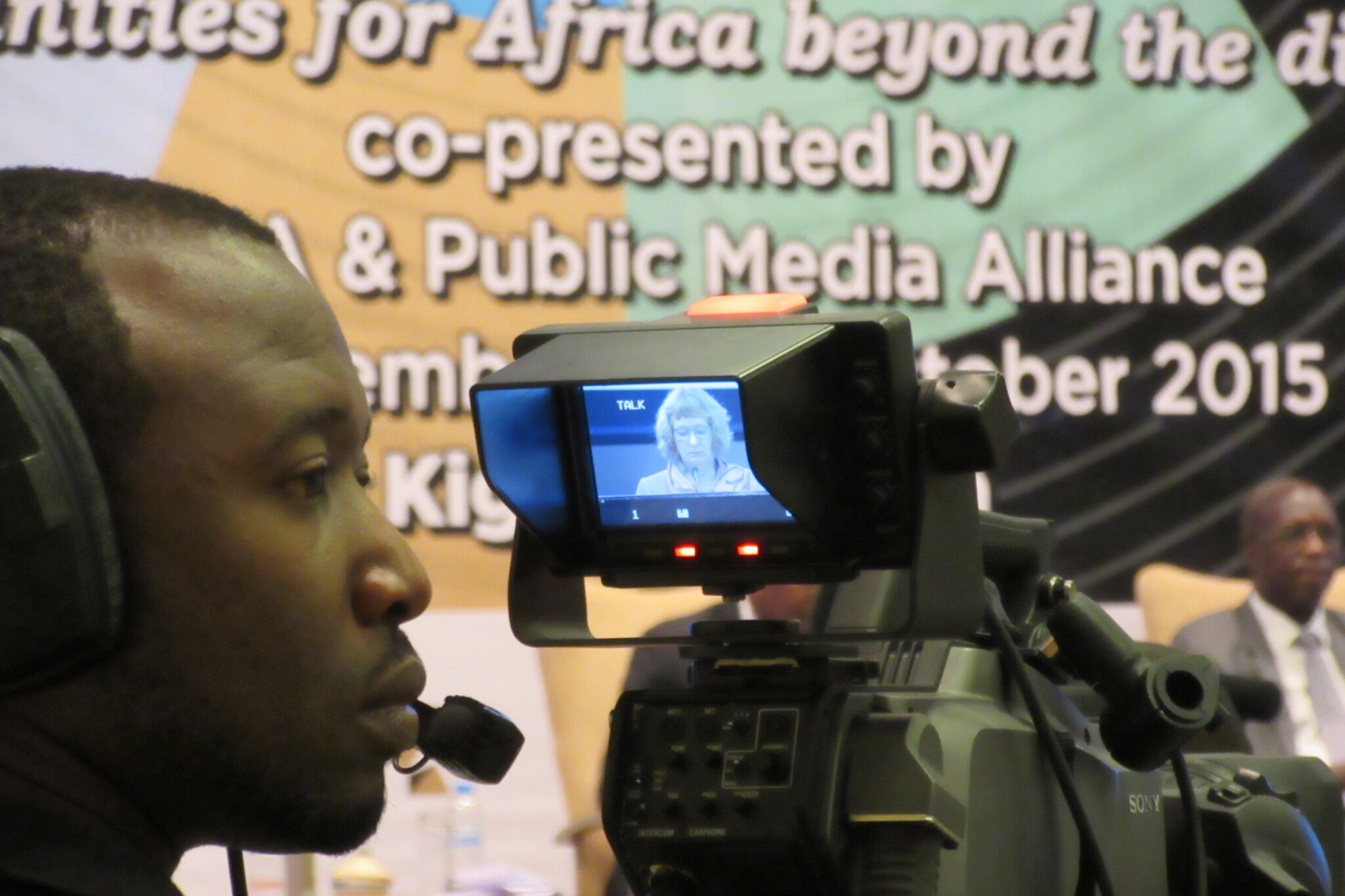News outlets across Africa have fallen for a false story claiming that the Eritrean government had ordered all men to marry more than one wife, or face imprisonment.

The satirical piece – written in the “Crazy Monday” column of Kenya’s The Standard – suggested that polygamy was made legal due to a shortage of men in the country and that a failure to comply would result in imprisonment.
Since its release, the story has gone viral among social media users and mainstream media outlets across Africa, with many republishing the story without verifying its authenticity. News organisations in Zimbabwe, Nigeria, Zambia and South Africa all ran with the story, which was swiftly confirmed as false by numerous Eritrean officials.
Eritrea is known globally for its dire Human Rights record. In the 2016 Freedom House report ‘Freedom in the World‘, Eritrea was ranked in the bottom three percent whilst in 2015, Reporters Without Borders (RSF) ranked the country as last in its Press Freedom Index, where it has been for the past seven years. The latter describes the state as a “prison for journalists” and a “Predator of Press Freedom”, having received 30 requests for protection from journalists fleeing the country in 2014 alone.
Despite its acknowledged abuses, news outlets throughout the continent have placed considerable attention on the supposed law of “mandatory” polygamy, taking it as fact rather than a joke launched by activists on social media.
The viral nature of the story demonstrates some of the alternative viewpoints that exist towards the Red Sea state regionally. Yet more obviously, it highlights the need for news outlets to equip themselves with robust verification tools. This is especially necessary with such rapid growth in internet access across the continent and the struggle that many traditional news outlets have to keep up with the fast paced competition of online news reporting and social media.
Verification in such a competitive media landscape is a priority to ensure a well informed audience, but it requires training, which is widely seen as costly and time consuming for cash-strapped outlets. Thankfully, however, the tools do exist to equip journalists with verification skills at little to no cost.
The European Journalism Centre has recently released their Verification Handbook, which is freely available via their website. Initially designed for journalists covering emergency or crisis situations, the handbook offers invaluable advice for verifying sources in all contexts – such as how to counter fake reports, rumours and hoaxes as well as verifying claims and online content so that the public can obtain accurate and timely information.
For more information about the handbook and other tools to enhance verification and accountability, head to our Tools for Broadcasters article.
By Kristian Porter
Related Posts
26th January 2016
SABA 2015: Tools for broadcasters
9th December 2015
Women in the Media
12th June 2013
Greece: shutting down the public broadcaster is the last thing to do in a crisis
Reaction to the stunning and abrupt…
